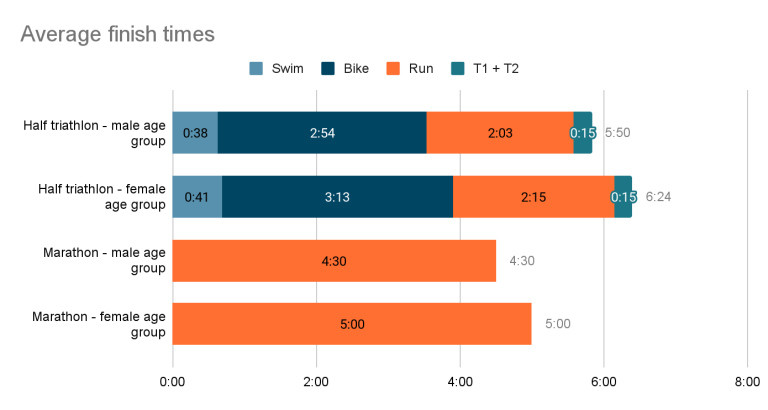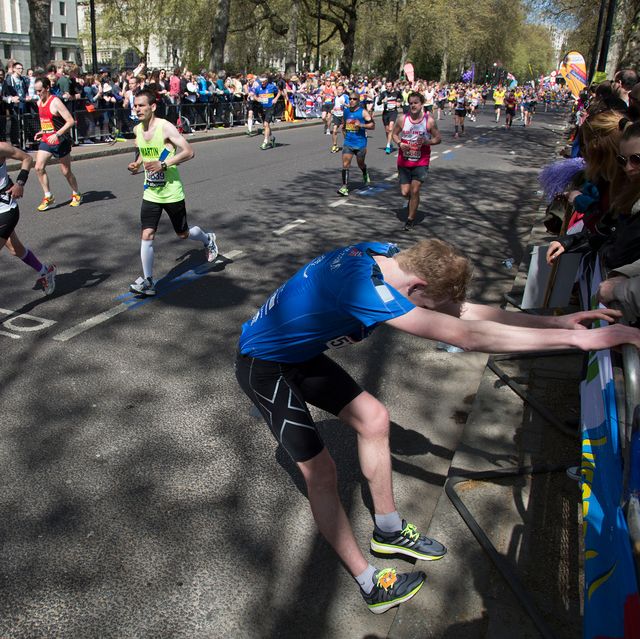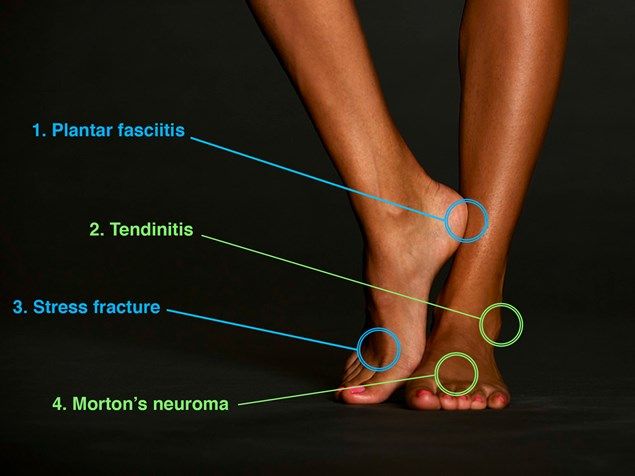What’re the Differences between Marathon And Triathlon
The main difference between a marathon and a triathlon is that a marathon is a long-distance running race, while a triathlon is a multi-sport event comprising swimming, cycling, and running. Are you someone who enjoys pushing their physical limits and participating in endurance events? Perhaps you’ve heard the terms marathon and triathlon and wondered what…








